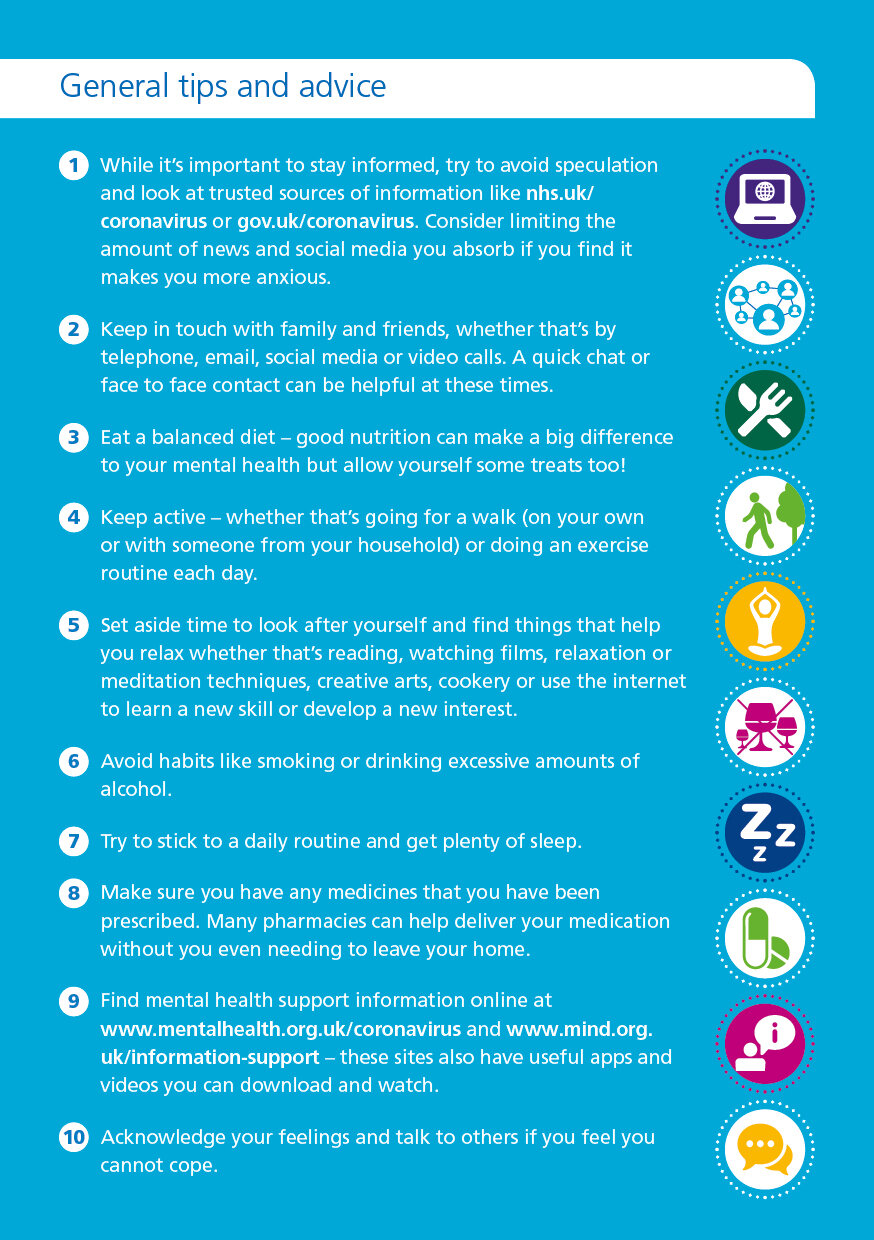
Building Kids’ Emotional Resilience: Nurturing Strength and Coping Skills
In a world filled with challenges and uncertainties, the importance of fostering emotional resilience in children cannot be overstated. Emotional resilience equips kids with the tools to navigate life’s ups and downs, fostering mental well-being and fortitude. Let’s delve into the ways we can actively contribute to building emotional resilience in our children.
Understanding Emotional Resilience
Emotional resilience is the ability to bounce back from adversity, adapt to challenges, and develop a positive mindset despite difficulties. It involves building a strong foundation of emotional well-being and coping skills that enable children to face life’s inevitable setbacks with courage and determination.
Encouraging Open Communication
Effective communication is a cornerstone of emotional resilience. Encourage open and honest dialogue with your children, creating a safe space for them to express their thoughts and feelings. Actively listen to their concerns without judgment, validating their emotions and helping them articulate their experiences.
Teaching Problem-Solving Skills
Developing emotional resilience involves equipping children with problem-solving skills. Teach them to break down challenges into manageable parts, explore potential solutions, and make informed decisions. This empowers them to approach difficulties with a proactive and positive mindset.
Promoting a Growth Mindset
Foster a growth mindset by emphasizing the power of effort and perseverance. Encourage kids to view challenges as opportunities for growth rather than insurmountable obstacles. This mindset shift instills resilience by teaching them that setbacks are a natural part of the learning process.
Cultivating Self-Compassion
Teach children to be kind to themselves. Self-compassion involves acknowledging mistakes without harsh self-criticism and understanding that everyone faces challenges. By fostering self-compassion, kids develop a more resilient attitude toward setbacks, treating themselves with the same kindness they would offer a friend.
Building a Supportive Network
Emotional resilience is not solely an individual endeavor; it thrives in a supportive community. Cultivate a network of family, friends, and mentors who contribute positively to your child’s emotional well-being. Having a strong support system reinforces their sense of belonging and security.
Encouraging Healthy Coping Mechanisms
Help children develop healthy coping mechanisms to manage stress and negative emotions. This may include activities like journaling, artistic expression, physical exercise, or mindfulness practices. These tools provide constructive outlets for emotional expression and stress relief.
Modeling Resilient Behavior
Children often learn by example. Model resilient behavior by demonstrating how to cope with challenges positively. Share your own experiences of overcoming adversity, highlighting the lessons learned and emphasizing the importance of perseverance.
Balancing Independence and Guidance
Foster a balance between allowing independence and providing guidance. Allowing children to face age-appropriate challenges builds confidence and resilience. However, they still need guidance and support to navigate more complex issues.
Seeking Professional Support when Needed
Recognize when professional support may be necessary. If a child is consistently struggling with emotional resilience, seeking guidance from a mental health professional can provide additional strategies and resources.
Emotional Resilience Kids: A Resource for Parents
For more insights and resources on nurturing emotional resilience in children, visit Emotional Resilience Kids. Discover articles, guides, and expert advice to support your journey in building a foundation of emotional strength and well-being for your child.
In conclusion, the development of emotional resilience in children is a dynamic process that requires intentional effort and a supportive environment. By fostering open communication, teaching problem-solving skills, promoting a growth mindset, and providing a network of support, we empower children to navigate life’s challenges with resilience and optimism.










